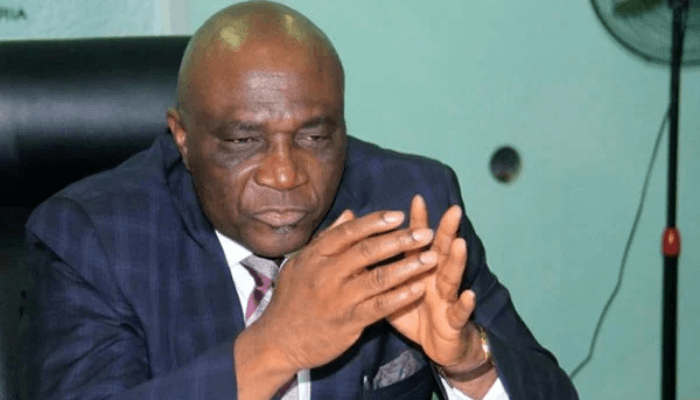Nigeria is on track to secure more Final Investment Decisions this year, boosting investor confidence and economic growth in the energy sector, according to the Special Adviser on Energy to President Bola Tinubu, Olu Verheijen.
Speaking at the Nigeria International Energy Summit 2025, Verheijen noted that Nigeria secured three of Africa’s four FIDs last year, valued at over $5.5 billion, reflecting the impact of recent policy reforms.
She stated that this data reaffirmed Nigeria’s status as a top destination for deep offshore oil and gas investments.
She also attributed the country’s improved investment climate to key reforms, including three presidential directives issued in February 2024 to eliminate barriers to new investments.
These measures helped attract major investment commitments, including the Ubeta FID secured through a Total JV and Shell’s approval of the Bonga North FID.
“The year 2024 marked a turning point in our energy landscape, with Nigeria securing three out of Africa’s four Final Investment Decisions, valued at over $5.5bn.
“Our nation solidified its position as a premier destination for deep offshore oil and gas investments, approved its first deepwater FID in over a decade, facilitated five major asset acquisitions, revived two domestic refineries, and commenced petrol production at Africa’s largest refinery.
“Looking ahead, additional FIDs are anticipated in 2025, further reinforcing investor confidence. The five major asset acquisitions completed in 2024 will play a critical role in accelerating production growth. These transactions have strategically integrated operators with deep local expertise and operational agility, ensuring more efficient resource extraction and management,” Verheijen said.
Nigeria has faced challenges in attracting significant new oil and gas investments over the past decade, with global investors redirecting approximately $80 billion to other markets.
Verheijen attributed this to concerns about regulatory stability and an uncompetitive fiscal framework.
She noted that President Tinubu’s administration has taken steps to reverse this trend by strengthening security in oil-producing regions and implementing a data-driven security framework in collaboration with operators and security agencies.
These efforts have resulted in a 500,000 barrels per day increase in oil production since the administration took office.
With a goal of restoring production to 2.06 million bpd in the near term and reaching four million bpd by 2030, the government remains focused on attracting more FIDs, expanding deepwater operations, and keeping Nigeria competitive among 14 rival oil and gas investment destinations.











